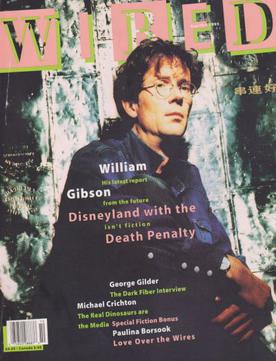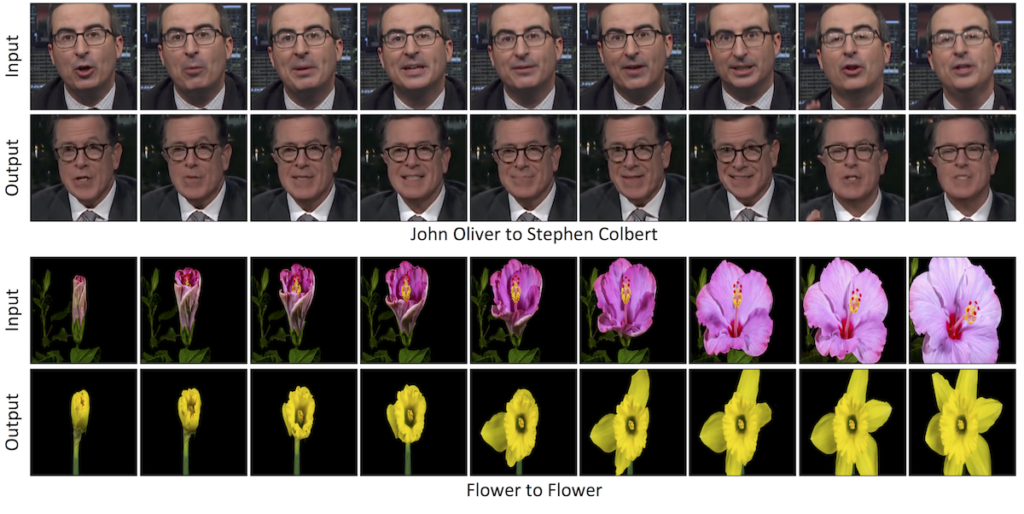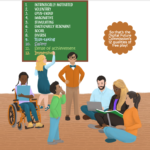
…the Digital Revolution is whipping through our lives like a Bengali typhoon… ~Louis Rossetto, Wired, 1993
I had the opportunity to meet in person with three groups of parents in the last few weeks. I came away from these events with clarity on a few things: it’s hard to know where to go to keep informed about the digital world. It’s hard to find the time required. And it is easy to lose sight of the creative side of technologies in the midst of the many serious concerns.
The convergence of these situations leads to a widening gap between many parents and their children, tweens, and teens. Focusing on these topics can help build a bridge across the chasm.
I’ll start with the first one today—Where to go to keep informed about the digital world?
Notice the date of the quote at the beginning of this post—1993. That’s Wired cofounder Louis Rossetto writing in the first issue of the magazine. Kevin Kelly, author of the book The Inevitable (I’ve been recommending it in the What I’m Reading section of Mindful Digital Life), was the founding executive editor. That’s the cover of issue number 1 above. Twenty-five years since the first issue, Wired remains a source of insight into digital life today.
Scanning the current issue of Wired online in the Science category brings up two articles I’d like to call out. The first, These New Tricks Can Outsmart Deepfake Videos—for Now, by Sarah Scoles, is tagged under Machine Learning. Deepfake is a word we all need to become familiar with today to develop digital literacy. So here’s a challenge…step out of your comfort zone: read the article, and follow this link from the article (Make Stephen Colbert spout words actually uttered by John Oliver) to learn about video retargeting. Consider watching the videos on retargeting (they are very short) as a family, and talk about the Wired article and videos at one of your family dinners.

image from Recycle-GAN: Unsupervised Video Retargeting
The second article is Your Facebook Posts Can Reveal if You’re Depressed, by Robbie Gonzalez. Gonzalez walks us through how “the words you post in your status updates could also contain hidden information about your mental health.” Read and reflect on what stands out for you in the piece.
Then subscribe to the Wired newsletter. Get in the habit of scanning the articles when it arrives in your inbox, choose a topic that interests you, click, and read it. Take the time to grow your knowledge knowing that the time you invest is building that bridge over the chasm. (For example, if you have a young person in the house playing Fortnite or Call of Duty, you might want to read With Black Ops 4, Call of Duty Takes Aim at a Fortnite World, the first feature in the October 18 Wired newsletter.)
What I am listening to: Pickle, an ethics podcast for kids by WNYC Studios. A family in one of my recent workshops listens and discusses Pickle over breakfast. I listened to “The Little Engine That Couldn’t Decide What to Do” program. The hosts discuss “the Trolley problem.” I appreciate that they feature lots of kids in a “kids braintrust” in this podcast. (Sadly, it looks like Pickle was only produced for 6 sessions, but hey, that’s material for 6 family co-listening and conversation events).
Let me know what you’re thinking about. How are you keeping informed and advancing your understanding of the digital world? I’d love to hear from you.


